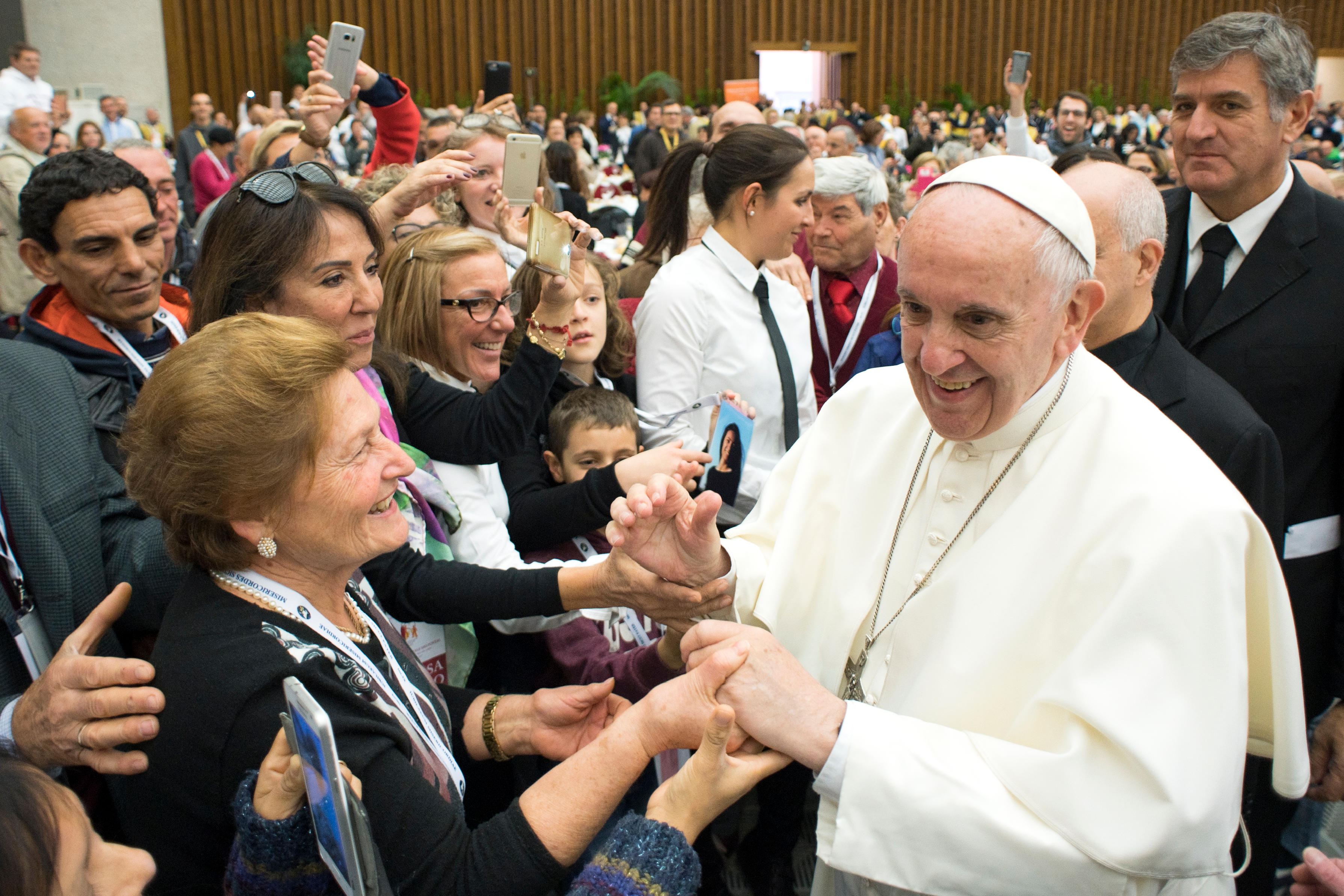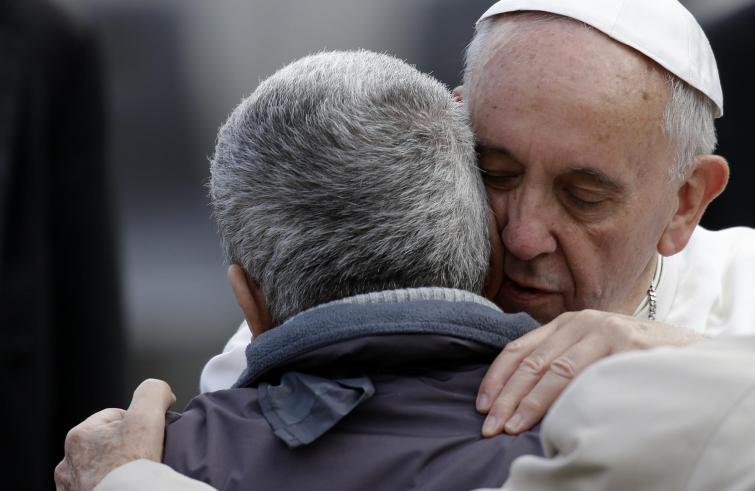Message for lent
The Pope’s message for Lent focuses on “false prophets” and on “the spread of iniquity”. Young people are the first victims, the greed for money is the primary cause. The Devil, Dante’s hell. The poisoned earth, sky and sea

Snake-charmers, charlatans, swindlers: they are the “false prophets”, at the heart of the Pope’s message for Lent presented today. The message is dedicated to a verse from the Gospel of Matthew: “Because of the increase of iniquity, the love of many will grow cold.” The opening image: “A great tribulation” in which the “community of believers may find itself.” “Amid great trials, false prophets would lead people astray and the love that is the core of the Gospel would grow cold in the hearts of many.”
Snake-charmers. False prophets are like “snake-charmers”, who “manipulate human emotions in order to enslave others and lead them where they would have them go.”
“How many of God’s children are mesmerized by momentary pleasures, mistaking them for true happiness! How many men and women live entranced by the dream of wealth, which only makes them slaves to profit and petty interests! How many go through life believing that they are sufficient unto themselves, and end up entrapped by loneliness!”
Charlatans. False prophets are also “can also be charlatans, who offer easy and immediate solutions to suffering that soon prove utterly useless.”
Young people are the first victims, “taken in by the panacea of drugs, of disposable relationships, of easy but dishonest gains!.” Not to mention those who are “ensnared in a thoroughly “virtual” existence, in which relationships appear quick and straightforward, only to prove meaningless!.”
“These swindlers, in peddling things that have no real value, rob people of all that is most precious: dignity, freedom and the ability to love”, Francis warned: “They appeal to our vanity, our trust in appearances, but in the end they only make fools of us.”
 The devil and Dante. “In order to confound the human heart, the devil, who is “a liar and the father of lies” (Jn 8:44), has always presented evil as good, falsehood as truth.” In reiterating this truth, the Pope calls upon each one of us “to peer into our heart to see if we are falling prey to the lies of these false prophets”, looking beneath the surface. Then the mention of
The devil and Dante. “In order to confound the human heart, the devil, who is “a liar and the father of lies” (Jn 8:44), has always presented evil as good, falsehood as truth.” In reiterating this truth, the Pope calls upon each one of us “to peer into our heart to see if we are falling prey to the lies of these false prophets”, looking beneath the surface. Then the mention of
Dante Alighieri, whose “description of hell pictures the devil seated on a throne of ice”, “in frozen and loveless isolation.”
The greed for money and the primacy of life. “What destroys charity is greed for money, “the root of all evils.” The greed for money leads to violence “against anyone we think is a threat to our own certainties:
The unborn child, “the elderly and infirm, the migrant, the alien among us, or our neighbour who does not live up to our expectations.”
 Poisoned earth, sky and sea. Also the creation is a silent witness of charity that grows cold: “The earth is poisoned by refuse, discarded out of carelessness or for self-interest. The seas, themselves polluted, engulf the remains of countless shipwrecked victims of forced migration. The heavens, which in God’s plan, were created to sing his praises, are rent by engines raining down implements of death.” “Love can also grow cold in our own communities”, Francis said, mentioning Evangelii gaudium. The causes:
Poisoned earth, sky and sea. Also the creation is a silent witness of charity that grows cold: “The earth is poisoned by refuse, discarded out of carelessness or for self-interest. The seas, themselves polluted, engulf the remains of countless shipwrecked victims of forced migration. The heavens, which in God’s plan, were created to sing his praises, are rent by engines raining down implements of death.” “Love can also grow cold in our own communities”, Francis said, mentioning Evangelii gaudium. The causes:
“selfishness and spiritual sloth, sterile pessimism, the temptation to self-absorption, constant warring among ourselves, and the worldly mentality that makes us concerned only for appearances, and thus lessens our missionary zeal.”
Prayer, almsgiving and fasting are the three Lenten practices that the Pope mentions at the end of the message as a “remedy” to the “lack of love.”
“How I would like almsgiving to become a genuine style of life for each of us!”,
is Francis’ hope, that in Lent calls us to be generous in the collection for Churches and populations in situations of difficulty. Finally, the appeal to all men and women of good will to pray and fast together to avert the “spread of iniquity in the world”, and the invitation to take part in the initiative “24 hours for the Lord” on March 9-10, when in every world diocese there will be opportunities for confession, in a context of Eucharistic adoration.